
The aim of this Dementia Evidence Toolkit is to make all information publicly that is publicly available, available in a form that is clear and easy to understand for dementia patients, their families and unpaid carers as well as for staff working in health and social care. It will also benefit academics and those involved in decision-making both locally and nationally.
Launched at the beginning of August , the toolkit devised by Adelina Comas-Herrera, David McDaid, Professor Martin Knapp and colleagues, is the first of its kind globally, and is funded by the Economic and Social Research Council (ESRC). The Dementia Evidence Toolkit brings together more than 3,000 journal articles and 700 reviews of research studies in one place.
The toolkit is in the form of a comprehensive online database featuring the latest scientific evidence on what works in dementia care and treatment has been developed by the researchers at the Personal Social Services Research Unit, London School of Economics and Political Science (PSSRU at LSE).
Dementia is the fastest growing major cause of health-related disability across the world, and the health, social and economic impacts are increasing because of an ageing population. There are around 850,000 people in the UK with the condition, a figure expected to rise to 2 million by 2051. There are currently no cures for dementia which is associated with ongoing cognitive decline such as memory loss, problems with judgement and often some behavioural issues. Instead, the focus for healthcare services is on slowing down dementia progression using different care approaches.
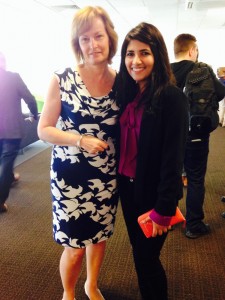

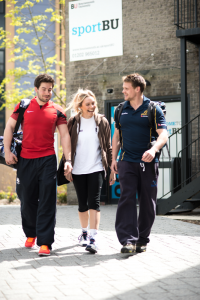
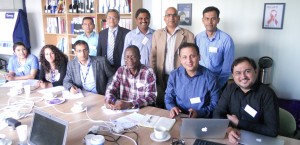
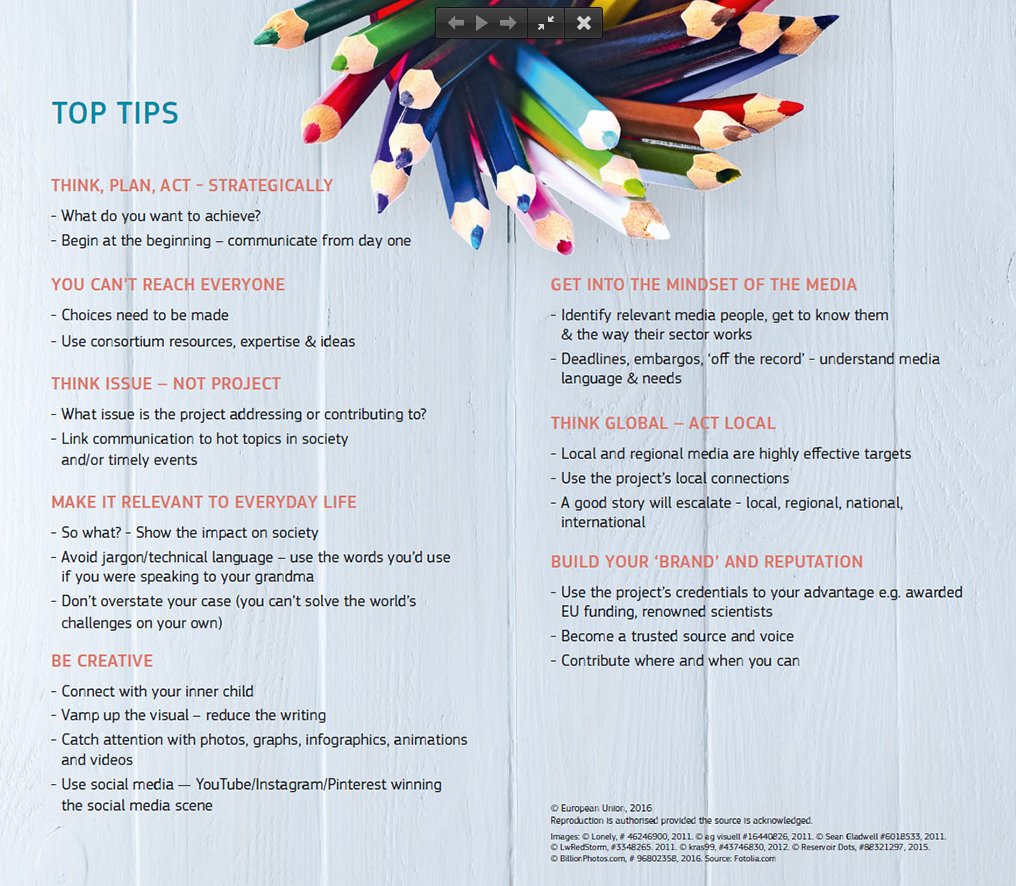
 Dr. Pramod Regmi in FHSS published his latest paper today in the South East Asia Journal of Public Health. The paper ‘Priority public health interventions and research agendas in post-earthquake Nepal’ is co-authored with researchers based in New Zealand, Nepal and the UK [1]. The authors reminds the readers that natural disasters cause huge damage to infrastructure, economies as well as population health. Nepal’s 2015 earthquake has multiple effects on population health and health services delivery. Many public health facilities, mostly health posts or sub-healthposts, were damaged or completely destroyed. Priority health services such as immunisation and antenatal care were also seriously affected.
Dr. Pramod Regmi in FHSS published his latest paper today in the South East Asia Journal of Public Health. The paper ‘Priority public health interventions and research agendas in post-earthquake Nepal’ is co-authored with researchers based in New Zealand, Nepal and the UK [1]. The authors reminds the readers that natural disasters cause huge damage to infrastructure, economies as well as population health. Nepal’s 2015 earthquake has multiple effects on population health and health services delivery. Many public health facilities, mostly health posts or sub-healthposts, were damaged or completely destroyed. Priority health services such as immunisation and antenatal care were also seriously affected.
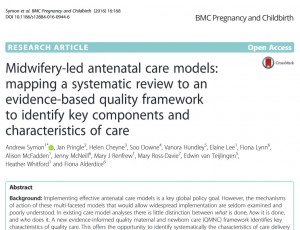
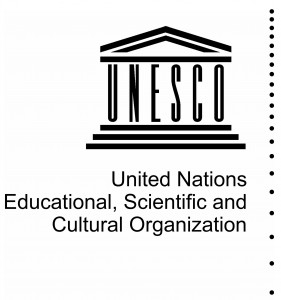

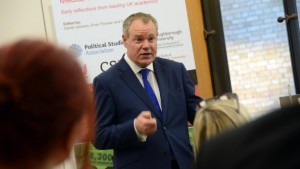
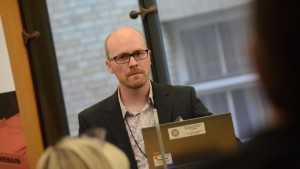
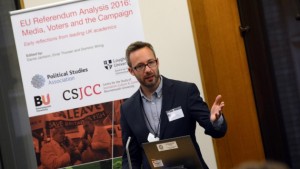
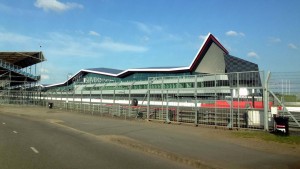
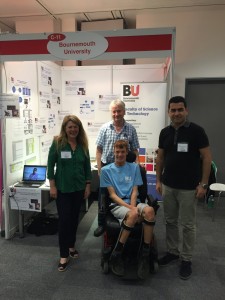 The purpose of the validation was to present the SmartAbility Framework, which considers how technology can support people with disability and addresses the concept of not having a ‘single technology solution to suit all disabilities’. It consists of seven elements; Disabilities, Impairments, Range of Movements, Movement Characteristics, Interaction Mediums, Technologies and Tasks, interlinking aspects of Human Computer Interaction. The roadshow was the first opportunity to validate the framework as it had been developed based on state of the art literature reviews and results from conducted feasibility trials and user experimentations. The validation was performed using a paper-based version of the framework and involved the participants/manufacturers completing the first four elements, to describe how their disabilities affect their Range of Movement. The knowledge contained within the framework was then used to provide recommendations of suitable Interaction Mediums and Technologies that could potentially improve their quality of life. Each participant completed a questionnaire to provide their views on the framework. In addition to the validation, we demonstrated Smartglasses (a Recon Jet), to assess the usability for people with disability.
The purpose of the validation was to present the SmartAbility Framework, which considers how technology can support people with disability and addresses the concept of not having a ‘single technology solution to suit all disabilities’. It consists of seven elements; Disabilities, Impairments, Range of Movements, Movement Characteristics, Interaction Mediums, Technologies and Tasks, interlinking aspects of Human Computer Interaction. The roadshow was the first opportunity to validate the framework as it had been developed based on state of the art literature reviews and results from conducted feasibility trials and user experimentations. The validation was performed using a paper-based version of the framework and involved the participants/manufacturers completing the first four elements, to describe how their disabilities affect their Range of Movement. The knowledge contained within the framework was then used to provide recommendations of suitable Interaction Mediums and Technologies that could potentially improve their quality of life. Each participant completed a questionnaire to provide their views on the framework. In addition to the validation, we demonstrated Smartglasses (a Recon Jet), to assess the usability for people with disability.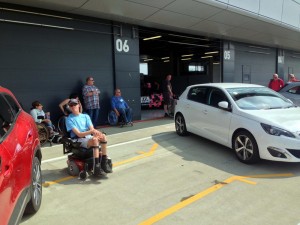
 With current events, it is important to keep up to date and UKRO are continuing to provide up to date information on all aspects of the UK’s access to EU funding. As a member of BU staff, you can received alerts, by signing up on the
With current events, it is important to keep up to date and UKRO are continuing to provide up to date information on all aspects of the UK’s access to EU funding. As a member of BU staff, you can received alerts, by signing up on the 










 FHSS academics teaching in Nepal
FHSS academics teaching in Nepal New weight change BU paper
New weight change BU paper One week to go! | The 16th Annual Postgraduate Research Conference
One week to go! | The 16th Annual Postgraduate Research Conference Geography and Environmental Studies academics – would you like to get more involved in preparing our next REF submission?
Geography and Environmental Studies academics – would you like to get more involved in preparing our next REF submission? Congratulations to three former BU staff
Congratulations to three former BU staff MSCA Staff Exchanges 2024 Call – internal deadline
MSCA Staff Exchanges 2024 Call – internal deadline Applications are now open for 2025 ESRC Postdoctoral Fellowships!
Applications are now open for 2025 ESRC Postdoctoral Fellowships! Horizon Europe – ERC CoG and MSCA SE webinars
Horizon Europe – ERC CoG and MSCA SE webinars MaGMap: Mass Grave Mapping
MaGMap: Mass Grave Mapping ERC grants – series of webinars
ERC grants – series of webinars